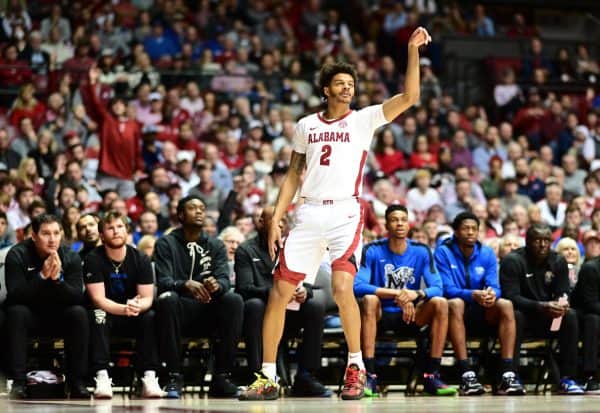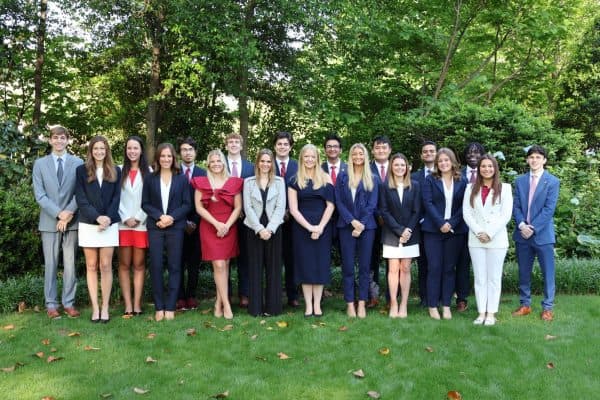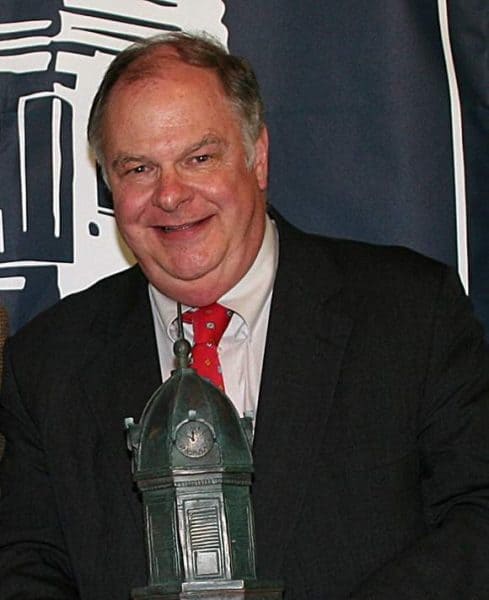New program aids intellectually disabled students
September 16, 2019
A new, innovative program is helping University of Alabama students with cognitive disabilities develop skills to navigate the adult world.
CrossingPoints students Melissa Walker, Davis Spain, Olivia Baker, Maeghan DeLoach, Colby Spangler and Jahlen Vaughn have started the Occupational Studies program for individuals with intellectual disabilities.
“I wanted to do CrossingPoints so I can know how to be on my own,” Spangler said.
CrossingPoints, founded in 2002, has three tiers of programs. Tier 1 serves students with disabilities ages 18 to 21 years old in the Tuscaloosa city and county school systems. Tier 2 is the Summer Bridge Program, which is a “postsecondary pipeline program” for 19- to 21-year-olds with intellectual disabilities. Tier 3 is the Occupational Studies program, the newest of the three.
Tier 3 has been in the works for several years. CrossingPoints founder and director, Kagendo Mutua, has researched how to start this program through previous CrossingPoints Tier 2 students. After observing similar programs across the country, she applied for grants to fund the program.
Part of the inspiration for CrossingPoints was Mutua’s research and teaching experience.
“I always envisioned that somewhere in my career, like, to see a program that actually looked at transition holistically, whereby you thinking of all these essential elements were just in terms of students’ employment outcomes,” Mutua said. “It’s also independent-living outcome and now post-secondary outcome, that if a student desires to pursue college, how do you prepare them to do that?”
Maeghan DeLoach has participated in the Summer Bridge Program and is now a part of the first Tier 3 CrossingPoints cohort.
“The three-year program for CrossingPoints for occupational studies is to learn how the bus systems work, go to classes and how to do independent skills,” DeLoach said.
The six Occupational Studies students live on campus in the dorms. Students take general education classes such as English and computer science, as well as CrossingPoints-specific classes such as financial management.
Jahlen Vaughn said his favorite class was financial management but that he enjoys campus life, too.
“I love this college campus,” he said. “We can hang out and have a little picnic and go out to eat and go bowling. I really love to go out and going to the Rec. I really would love to do Zumba one day.”
For Catherine Price, CrossingPoints CCOS program faculty, a memory from her childhood fuels her drive.
“Someone once said that I would never go to college, and I thought about all the other children that might be told that,” she said. “It was very personal because as a young person I struggled myself and then I had children who struggled. I believe that every child should be given the opportunity because it is amazing what I’ve seen in these students and other students when somebody believed in them. It means everything to me every time I see one of them succeed.”
Because most schools have an ACT or SAT score minimum requirements, students with intellectual disabilities face specific challenges with going to college.
“The parents of these students are amazed at how much they are capable of and they never knew they could do all that,” Price said. “These norm-referenced tests do marginalize people and based on a certain score, it prevents access for a lot of them. Programs like this allow them to get in and show that they really do belong.”
DeLoach would like to study criminal justice in hopes of becoming a police officer. Vaughn dreams of being a baker. Spangler wants to work in forestry and conservation.
Mutua said CrossingPoints students have many resources on campus to achieve their goals, such as CrossingPoints faculty, their residential advisors and the office of disability services.
“The type of support that they need exceeds those that other college students with disabilities need and receive,” Mutua said. “The office of Student Disability Services mainly deals with academic support, while our students are going to be utilizing ODS, the other supports they need goes beyond academics.”
Currently, CrossingPoints students are not eligible for university scholarships or federal financial aid. Additionally, there is a program fee for the special support resources required for CP students, although it has been waived this academic year.
“At the end of three years, [I hope] that we have students who are actually pursuing a career; that they have the autonomy, opportunities for growth and for promotion,” Mutua said. “I would really hope that it is so commonplace that we don’t stop to really think, ‘Wow. Oh, look at those kids with intellectual disabilities attending college.’ I would like for us to get to the point whereby attending college is not newsworthy.”











